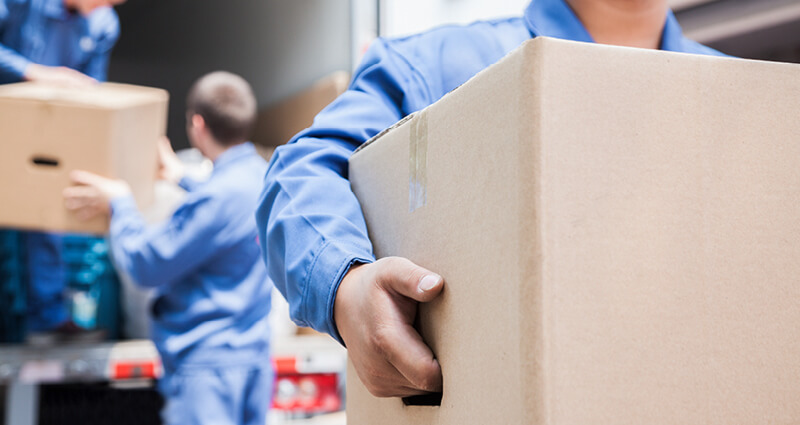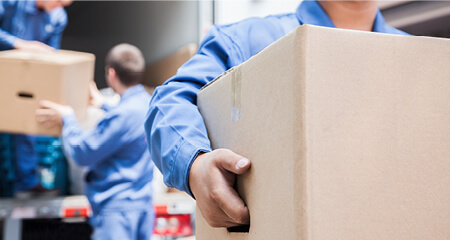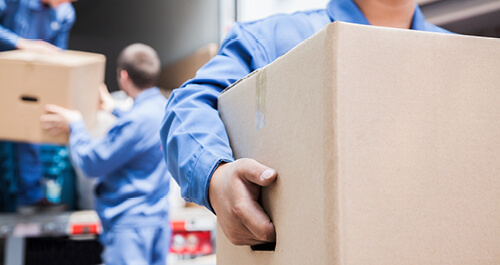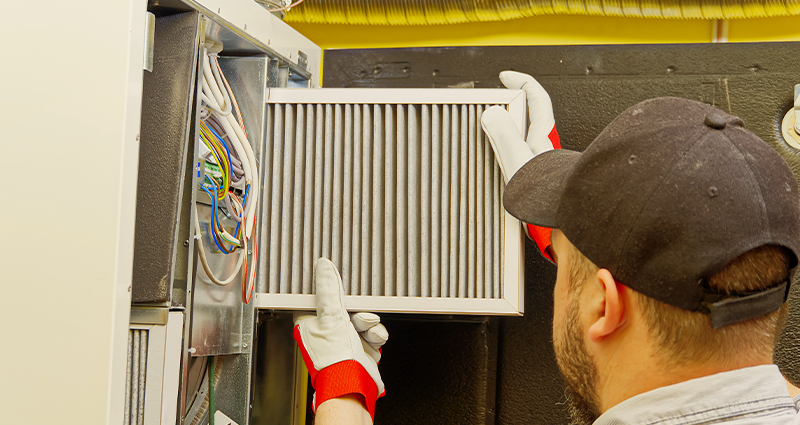Do you know how to tell if your ducts need cleaning? We go over some simple things you can check to see if you need to clean your ducts.
-
Pay your bill
Please verify your service location to access this:
-
Contact usSign up for fixed rates: 1-855-452-8869Direct Energy customer support: 1-866-374-6299Direct Energy Regulated Services sales & support: 1-866-420-3174
Please verify your service location to access this:
-
Plans for home
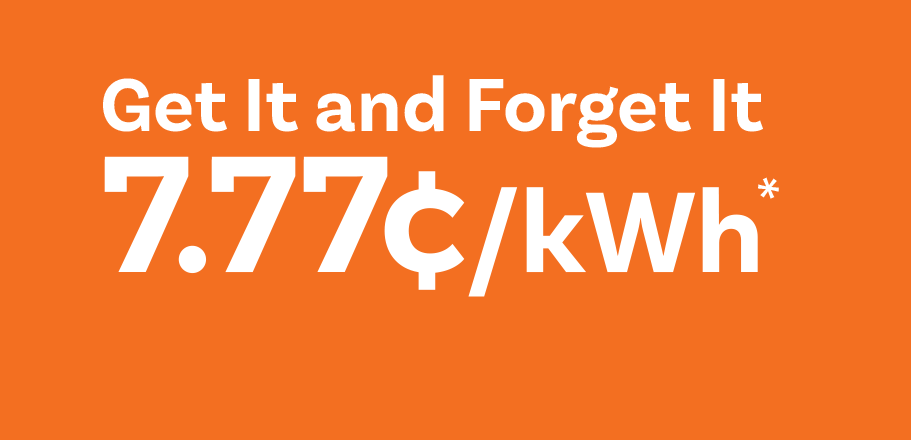
Guaranteed low rates with our Alberta natural gas and electricity plans.
Enjoy this fixed electricity rate until July 31, 2024, followed by a low rate of 10.59¢/kWh!*
-
Plans for business

Our energy plans for your business are not one-size-fits-all.
Check out our energy plans for restaurants and learn how to make your business more energy efficient.
-
Learning centre

Your go-to resource for all things energy related in Alberta.
Want to know more about your energy options? Looking for ways to save on energy usage? We're here to help you make an educated decision.
-
My account

Guaranteed low rates with our Alberta natural gas and electricity plans.
Enjoy this fixed electricity rate until July 31, 2024, followed by a low rate of 10.59¢/kWh!*

Our energy plans for your business are not one-size-fits-all.
Check out our energy plans for restaurants and learn how to make your business more energy efficient.

Your go-to resource for all things energy related in Alberta.
Want to know more about your energy options? Looking for ways to save on energy usage? We're here to help you make an educated decision.
Please verify your service location to access this:










